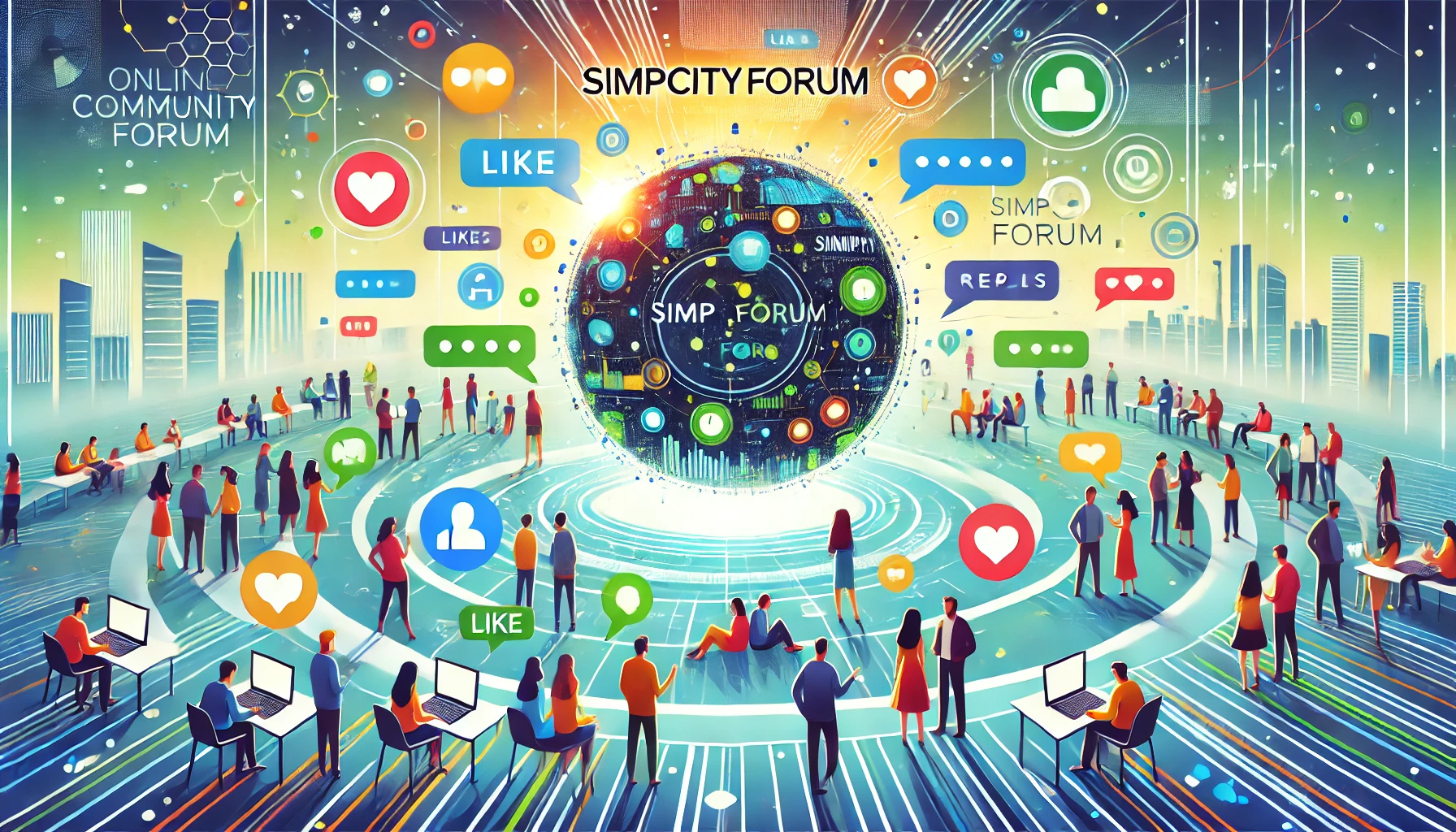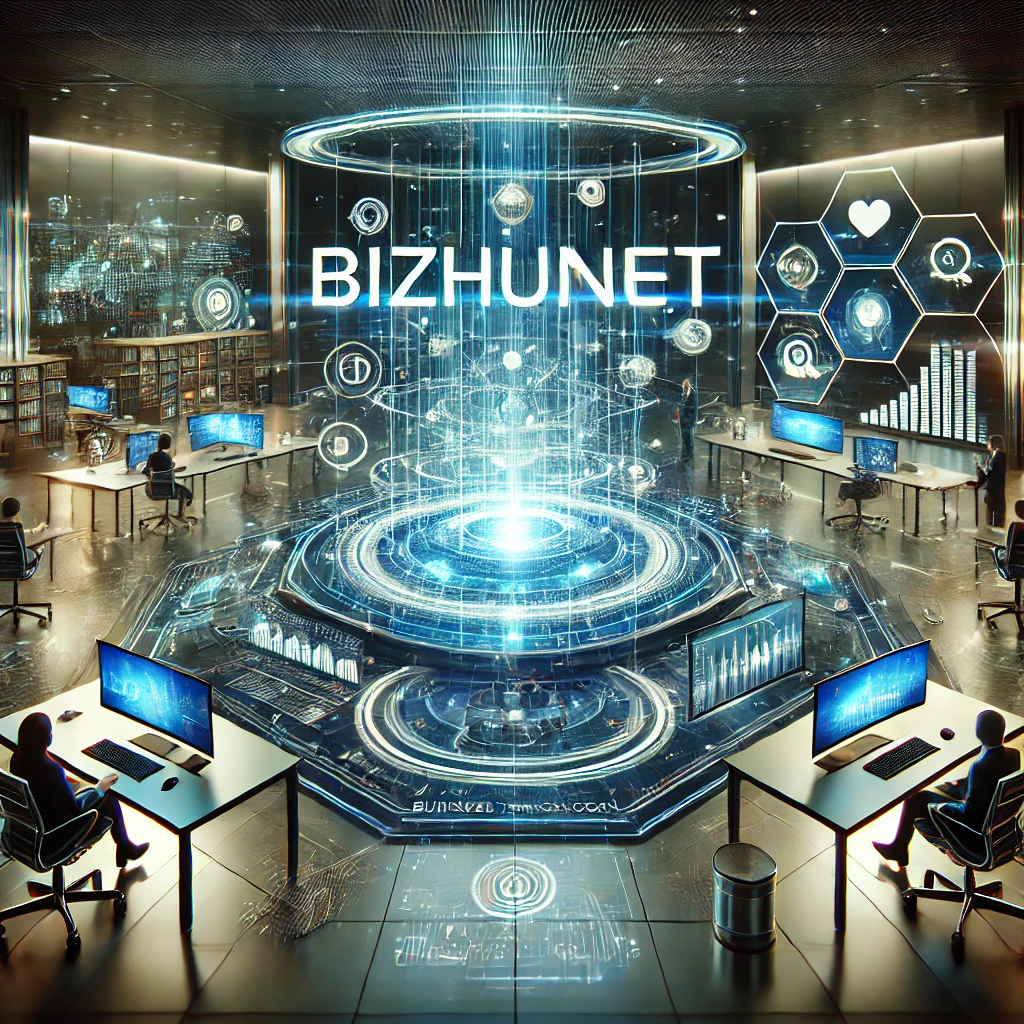
What is Wicz?
The term “wicz” refers to a concept that has garnered attention within specific academic and cultural domains, primarily recognized for its distinctive characteristics and varied applications. The origins of wicz can be traced back to both linguistic and historical roots, which have shaped its current interpretations. Etymologically, “wicz” is derived from the combination of elements in various languages, particularly Slavic languages where suffixes like “-wicz” denote lineage or descent. This reflects a broader theme of connection and belonging, which is crucial in understanding its relevance today.
Wicz holds particular significance in fields such as sociology, philosophy, and cultural studies, where it is used to analyze individual and group identities. It encapsulates the relational dynamics that exist within communities, thereby serving as a lens through which the complexities of human behavior and social structures can be examined. Notable individuals in history, such as scholars and cultural theorists, have championed discussions surrounding wicz, contributing to its evolution as a term that signifies both personal identity and social constructs.
In contemporary settings, wicz is often invoked in discussions about ethnicity and cultural identity, highlighting its importance in the context of globalization and migration. As societies become increasingly diverse, the concept of wicz prompts critical dialogue about the influences of heritage and background on individual and collective experiences. This discourse not only enriches our understanding of wicz but also underscores the term’s ongoing relevance in contemporary societal challenges.
The Importance of Wicz in Modern Society
Wicz has emerged as a pivotal element in contemporary society, influencing a variety of sectors, including technology, culture, and lifestyle. Its versatility allows it to integrate seamlessly into our daily interactions and transactions, making it vital to understand its role and implications in the modern era. One of the most significant applications of wicz can be seen in the realm of communication technologies. These systems have leveraged wicz to enhance connectivity, allowing individuals and businesses to communicate effectively across vast distances.
Moreover, wicz is increasingly recognized for its contributions to innovative tools and processes in various industries. For instance, the integration of wicz into artificial intelligence has led to smarter algorithms that facilitate decision-making and problem-solving. A prime example can be observed in finance, where wicz-driven algorithms analyze market trends and help investors make informed choices. The benefits gleaned from the use of wicz in analytics are substantial, providing businesses with the ability to respond swiftly to market demands.
Furthermore, the cultural significance of wicz cannot be overlooked. Social media platforms have adopted wicz as a fundamental component, allowing users to create content that resonates with a broader audience. This engagement has transformed how we share information and interact, placing wicz at the forefront of digital expression. Case studies of viral campaigns exemplify how wicz has shaped contemporary marketing strategies and audience perception, ultimately influencing consumer behavior.
In various aspects of everyday life, the integration of wicz has proven essential for enhancing convenience and efficiency. Whether through mobile applications or streamlined online services, it facilitates smoother experiences for users. By understanding the multifaceted impact of wicz, individuals and organizations alike can harness its potential for future advancements, ensuring that they remain relevant in an ever-evolving landscape. Through continuous exploration of wicz, society can adapt and thrive amidst the complexities of modern life.

How to Engage with Wicz: Techniques and Strategies
Engaging with wicz can be both rewarding and challenging, depending on your familiarity with the concepts and applications involved. Whether you are a beginner or an advanced practitioner, there exist various techniques and strategies that can enhance your understanding and application of wicz.
For beginners, it is valuable to start with foundational knowledge. Basic courses and tutorials available online can introduce you to the key elements of wicz. Websites such as Udemy, Coursera, and specialized forums provide structured resources for learning. Engaging with interactive platforms allows for real-time practice and feedback, which is essential for grasping core concepts.
Utilizing tools designed for wicz can significantly streamline your learning process. Software applications often provide simulations and visual aids that can clarify complex ideas. Consider using interactive wicz tools that offer step-by-step guidance on various applications. Engaging with visual aids can bolster your comprehension and retention of material.
Networking within the wicz community offers additional support. Joining online forums and social media groups can connect you with experienced practitioners. These forums often share insights, tips, and resources that can help deepen your understanding. By participating in discussions, you can garner diverse perspectives and practical advice related to wicz.
For those with an advanced understanding of the subject, exploring specialized literature is advisable. Books authored by experts in wicz can provide in-depth analyses and case studies that reveal more complex concepts and applications. Attending workshops or conferences focused on wicz will also expand your knowledge and enable you to meet other passionate individuals in the field.
In conclusion, engaging with wicz requires a multifaceted approach. By leveraging introductory resources, utilizing specialized tools, and connecting with the community, individuals can enhance their proficiency and possibly uncover new avenues of interest in the realm of wicz.
Future Predictions: The Evolution of Wicz
As we look towards the future, the evolution of wicz presents both exciting opportunities and significant challenges. The landscape in which wicz operates is continually changing, influenced by advancements in technology, societal trends, and regulatory frameworks. One of the most intriguing trends is the increasing integration of wicz into everyday life. With advancements such as artificial intelligence and machine learning becoming more sophisticated, the potential for wicz to transform industries—from healthcare to finance—grows exponentially.
Future predictions suggest that wicz will play a central role in enhancing user experience across various platforms. For example, wicz-powered applications may enable more personalized and efficient services, tailoring solutions to individual needs with remarkable accuracy. Furthermore, as consumers become increasingly tech-savvy, their expectations for seamless wicz interactions are likely to rise, compelling businesses to adapt rapidly or risk obsolescence.
However, alongside these opportunities lie notable challenges. Privacy concerns will continue to be at the forefront of discussions as wicz expands its influence. The more integrated wicz becomes in our daily lives, the more critical it will be to establish robust frameworks to protect user data and ensure ethical usage. Moreover, the rapid pace of development poses regulatory challenges, as lawmakers strive to keep pace with emerging technologies surrounding wicz.
In addition to technological and ethical considerations, the societal impact of wicz will require careful examination. It is plausible that wicz could contribute to widening the digital divide, exacerbating inequalities unless proactive measures are adopted. As such, it becomes imperative for stakeholders to engage in meaningful dialogue about the implications of wicz on various demographics, ensuring that advancements do not leave marginalized groups behind.
In conclusion, the future of wicz is bright yet complex, encompassing a range of possibilities and challenges. It is essential for individuals and organizations alike to remain informed and actively participate in discussions shaping the evolution of wicz. By doing so, we can foster an environment where the benefits of wicz can be maximized while addressing the critical issues it presents.





